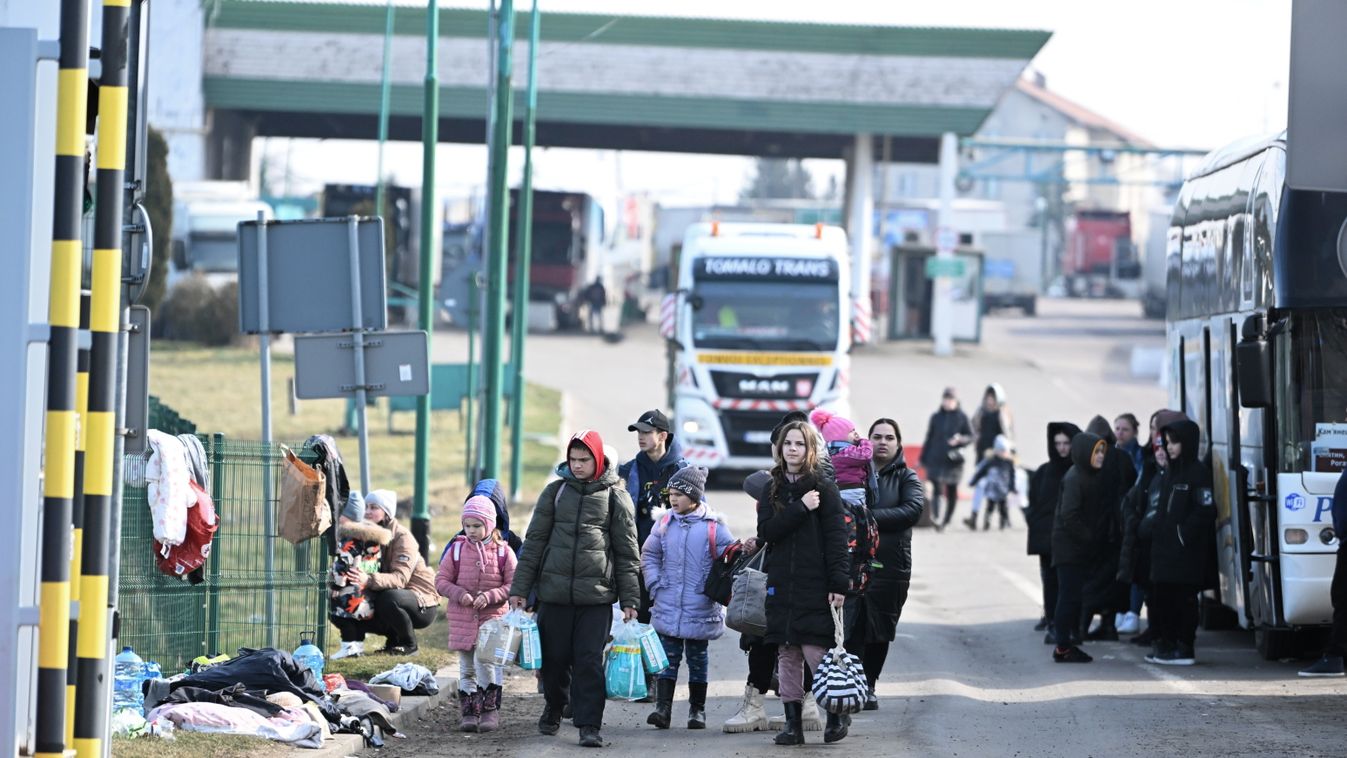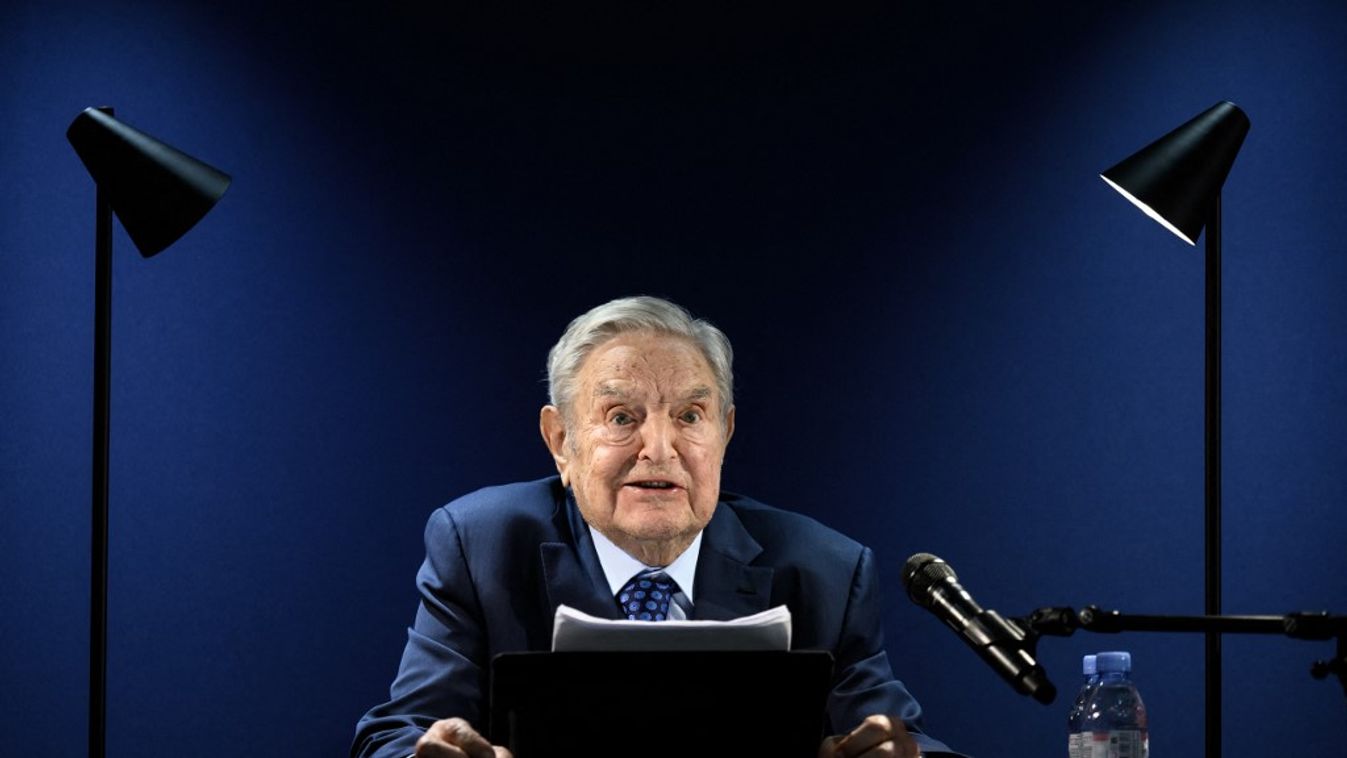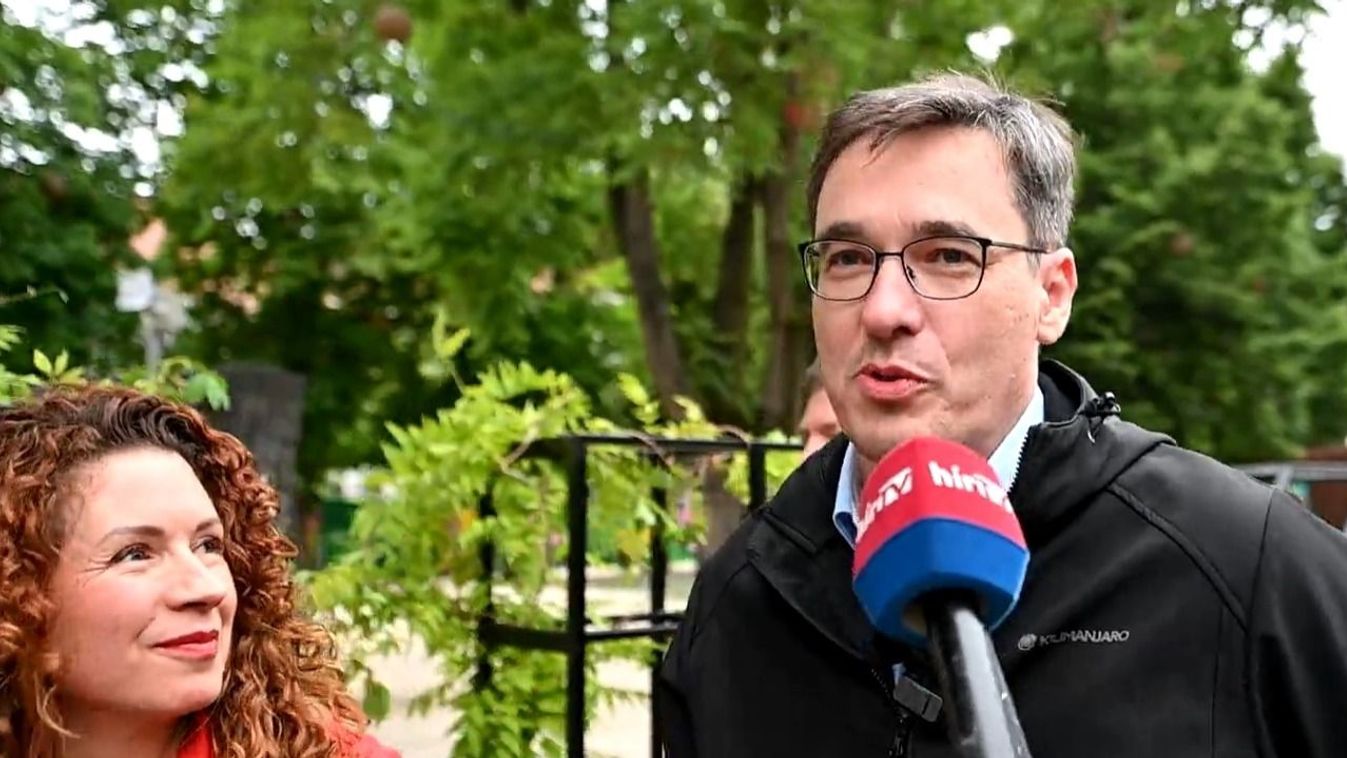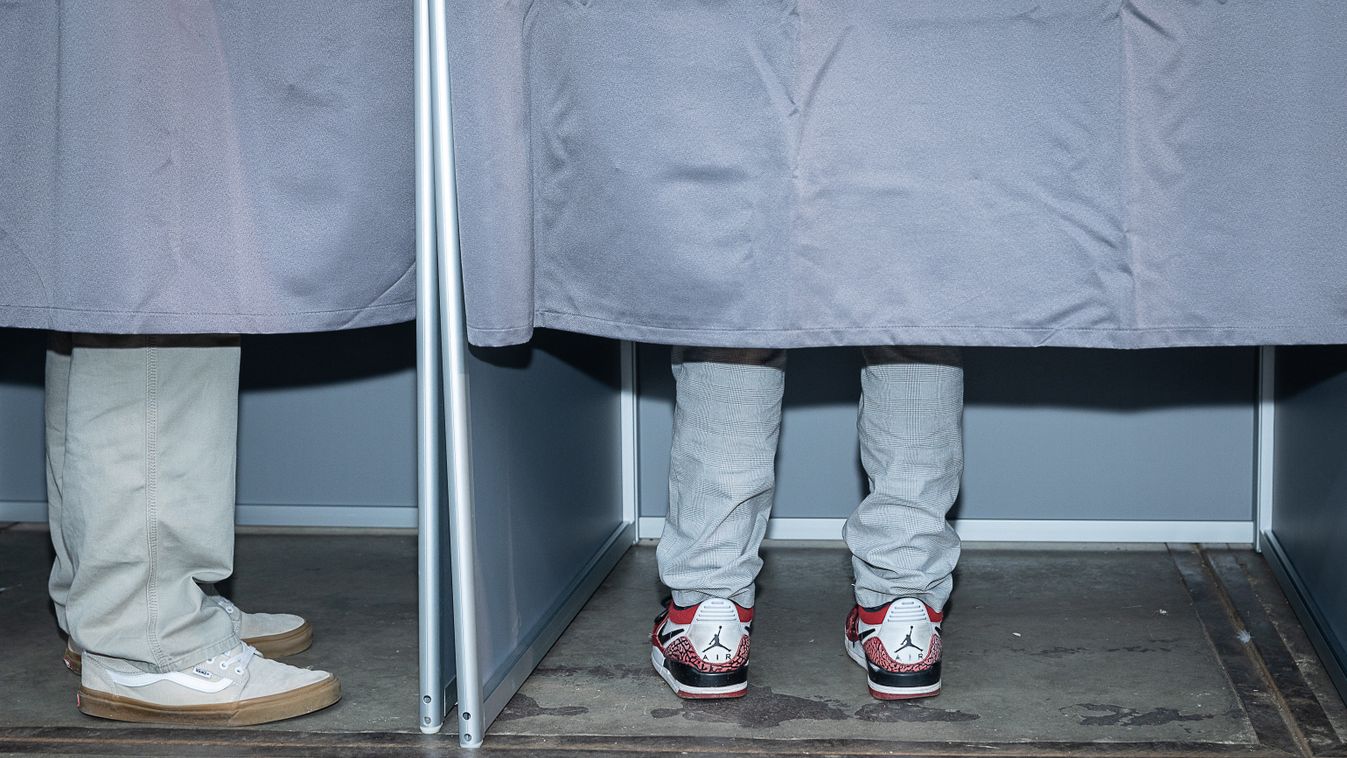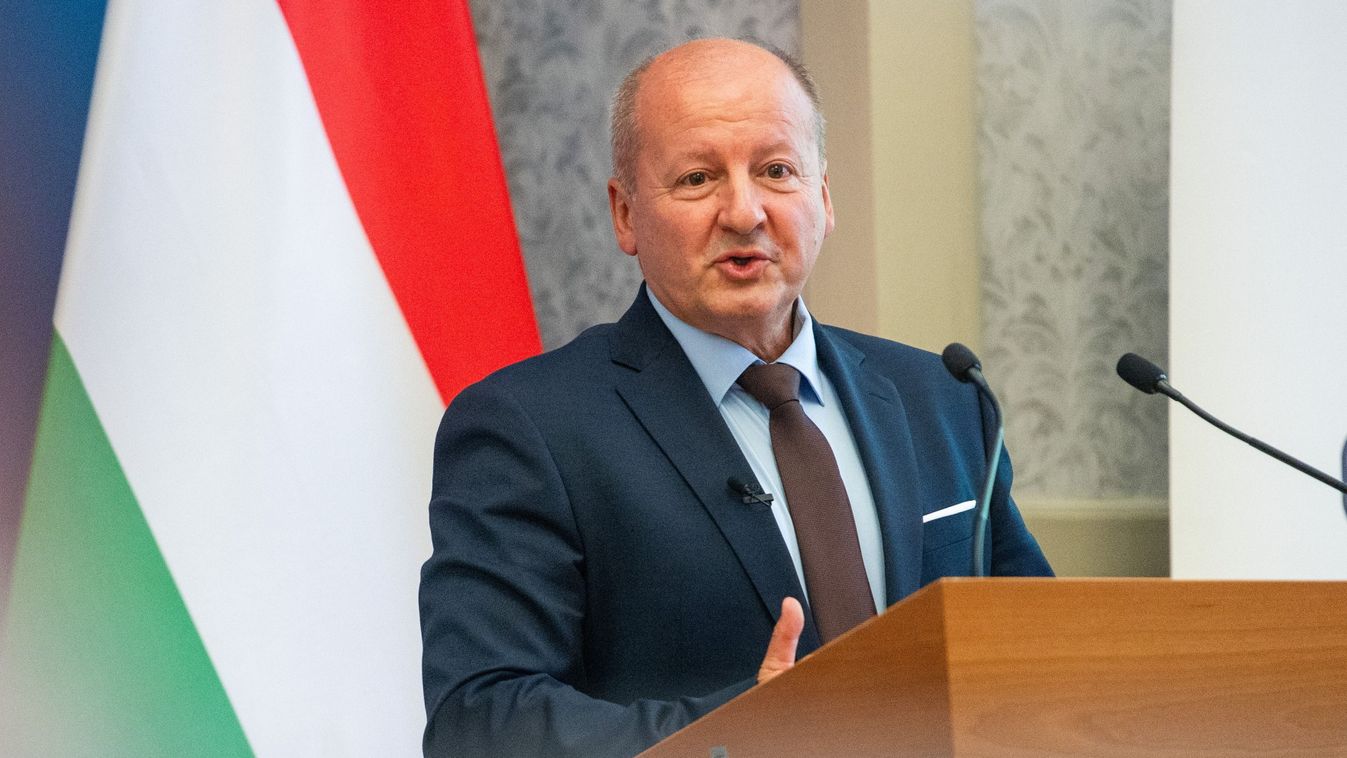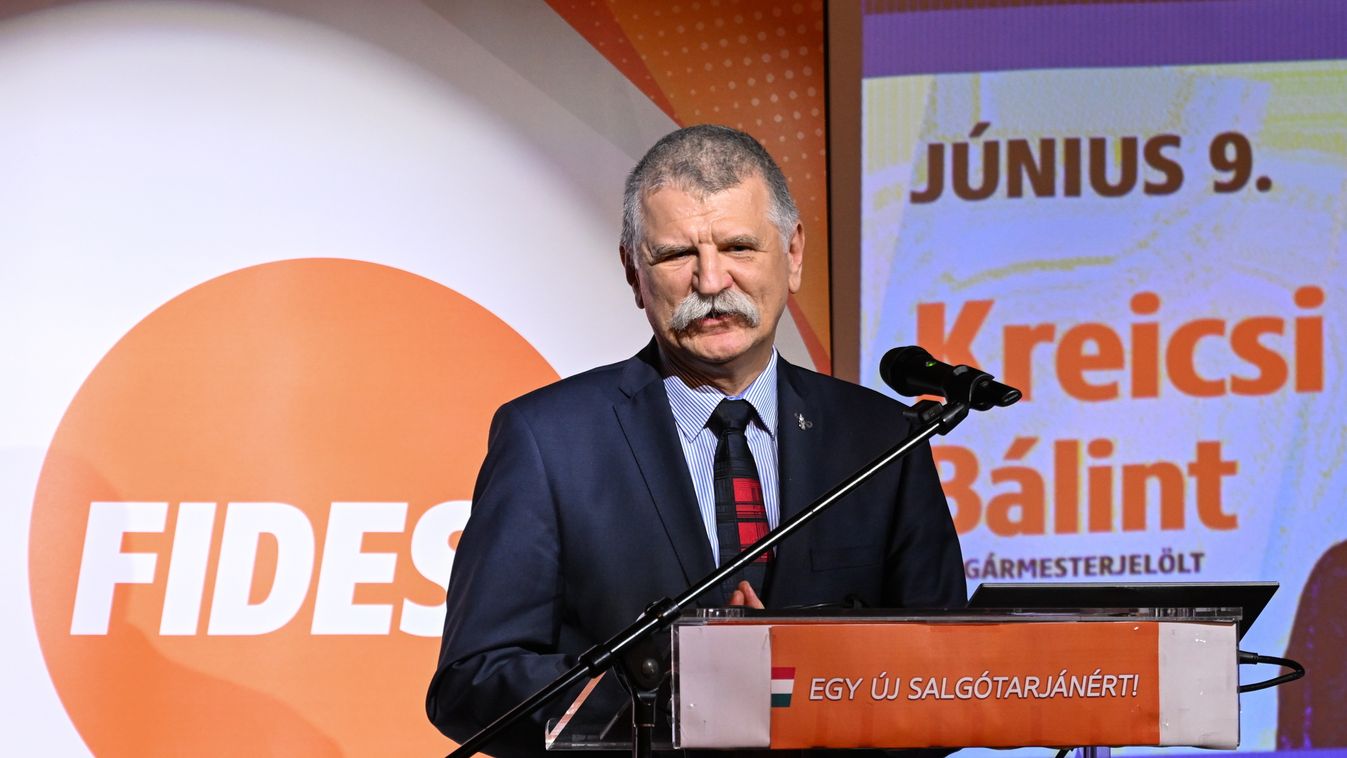Migration has not been an issue in Poland in recent decades. The country, rebuilt after the World War II through mass relocation and resettlement, has become a unitary nation-state that is not attractive to immigrants. However, this situation has changed significantly in the last decade with the arrival of large numbers of migrants – first from Ukraine and then from more distant regions, including Muslim countries.
Until now, there have been no surveys on how Poles feel about migration. This gap has been filled by a survey by the Ariadna polling institute, the results of which were published in the conservative weekly Do Rzeczy. The issue of migration is particularly topical as one of the four questions in an upcoming referendum, to be held in parallel with the parliamentary elections on 15 October, concerns the EU proposal on the distribution of asylum seekers.
The survey results show that Poles, regardless of party affiliation, do not support immigration and categorically reject the idea of having to accept migrants from outside Europe.
Some 90 per cent of respondents said no to accepting migrants from Muslim countries in Asia: 88 per cent would not welcome migrants from Africa and the Middle East, 86 per cent from India, 84 per cent from the Caucasus and 82 per cent from Latin America, while 72 per cent even reject Asian Christians. The only country where immigrants enjoy greater social support is Ukraine. Forty per cent are in favor of accepting citizens from a neighboring country at war, while 60 per cent are against.
92 per cent of respondents do not want mosques to be built in Poland either wholly or partly with foreign funding, compared to eight per cent who said yes to the idea. A high proportion (69%) are against making it easier for foreigners to obtain Polish citizenship. A majority even consider the current rules too liberal, according to which it is possible to apply for citizenship after three years of residence in Poland if the applicant has a permanent residence permit, a regular income and can legally move into a property. 89% of respondents rejected the idea of immigrants receiving the same social benefits as Poles.
There are significant differences in the perception of the benefits of migration between citizens and the political, business and media elite. As living standards rise, Poland faces the same threat as the countries of Western Europe.
At the same time, the UK, France and Germany have never held referendums on migration policy, and decision-makers have never sought public approval for admission of tens of millions of immigrants.
Politicians' decisions have been made in a non-transparent way, under pressure from various lobbies seeking cheap labor or hoping to win new left-wing voters. In practice, however, these same politicians then facilitated the entry of hundreds of thousands more migrants into their countries. The negative consequences are obvious: crime has risen, parallel societies have emerged and the state has lost control of entire neighborhoods.
In Poland, some right-wing politicians are also advocates of the Western European policy of welcoming migration. Many of them believe that only illegal immigrants or economic refugees cause problems. But the real problem lies with legal immigrants from foreign cultures who refuse to integrate.
In France, the most serious terrorist attacks (Charlie Hebdo, Bataclan) were committed by French citizens born in Europe, descendants of legal immigrants.
The existence of parallel societies is a fact, research shows. 80-90% of Muslims prefer to live with other Muslims. They have more children than French citizens and are much more attached to their religious traditions. Becoming a 'Pole' is not an attractive prospect either for immigrants from Poland, who do not want to break with their roots. "It sounds grotesque when the advocates of immigration refer to the fully assimilated Tatars in Poland, who have lived together with Poles for centuries and make up only 0.0047% of the population," writes the Polish weekly. Nor can the assimilation of Germans, Armenians or Jews over the centuries be compared with multicultural integration.
A common argument is that accepting migrants is a demographic necessity, a lifeline for the economy. However, in a previous survey on how to improve the demographic situation, only 13.5 percent of respondents recommended migration as a method of addressing labor shortages, while 38.8 percent said that more resources should be spent on family support and encouraging childbearing. Most people (47.7 percent) saw the solution in investing in innovation and automating work. Migration will certainly be a key issue in the coming years. But no 'expert' opinion or international convention is more important than the will of the majority of society, the author adds.

